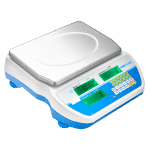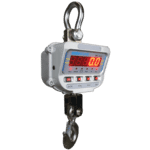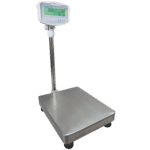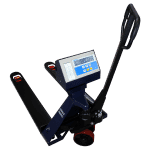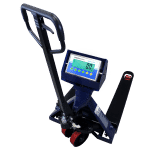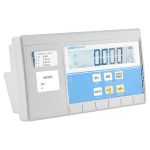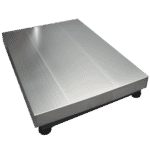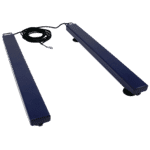
There are many types of warehouses, but one thing they all have in common is how much utilizing a weighing scale improves daily operations. This blog will go into depth on types of scales commonly used in warehouses and how they would boost efficiency handling day-to-day tasks.
Counting Scales
Counting scales like our Cruiser CCT are specially designed to make frequent counting tasks easier. Adam counting scales offer three different displays so that the total weight, individual piece weight and the counting result can be seen simultaneously.
Counting scales are also able to store this information in their memories, so you can store and then recall a product you find yourself counting regularly. These are called Product Lookups, or PLUs. Our CCT boasts the ability to store up to 140 products.

Whether the unit weight is known, unknown or stored, the full numeric keypad with dedicated buttons helps speed up each transaction. Buttons for Sample, Unit Weight and PLU let you start anywhere in the counting process quickly and easily.
Which daily warehouse tasks can you count on counting scales to improve?
Inspecting Incoming Goods
When your warehouse accepts an order delivery, it’s a worthwhile practice to count the contents before unpacking. This helps verify that you’re receiving exactly what you’ve paid for. The piece count provided by your scale should match your order exactly. If it doesn’t, it could be indicative that there’s been some mix-up or mistake. When using a counting scale, you’re aware of this error within seconds, rather than the hours it might have taken to count the pieces manually. This also makes it simpler to correct than if the goods had been distributed to other areas or sold before the issue was noticed.
Inventory
Inventory season is one of the most stressful. Accurate counts are crucial for a variety of reasons, including maintaining operational efficiency, managing supplies and strategic decision making. It can take a long time to count everything individually, especially small parts or products piled in boxes. After a while, your counters begin to get tired and their progress slows, with accuracy becoming more and more questionable each hour. With a counting scale, you can cut down the amount of time spent on inventory significantly. Mistakes are reduced, efficiency improved and your staff still have energy after the job is done.
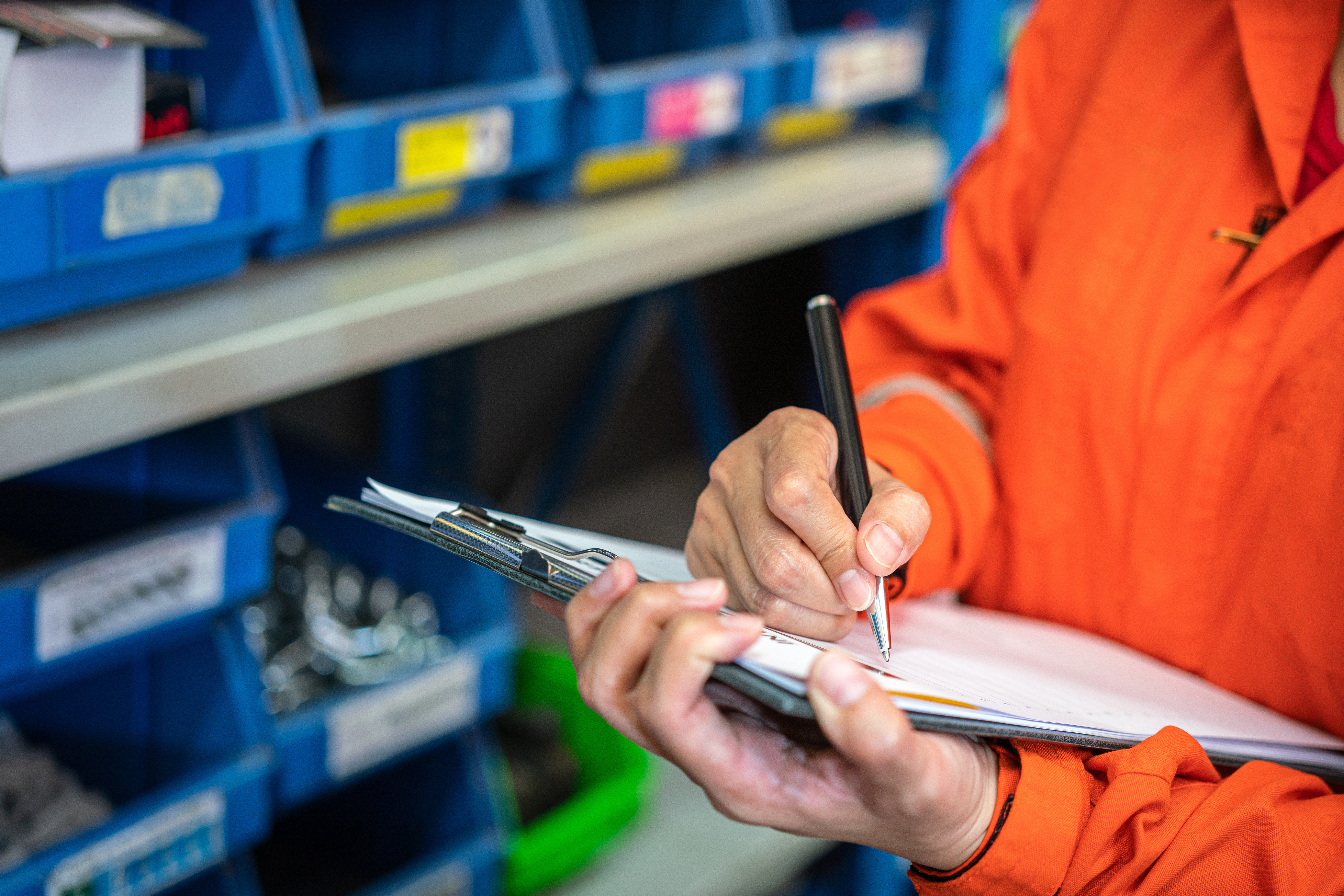
Order Picking
Customers want the quantity they’ve paid for, and it all depends on the pickers. It’s a lot of pressure, which is why they need a counting scale to share some of the responsibility. Pickers can depend on a counting scale to guarantee that each order has the correct quantity of items. Customers are getting their orders quicker and more accurately, boosting your company’s reputation and helping to encourage repeat business.
Pallet Truck and Platform Scales
Pallet truck scales are built like a regular pallet truck, with steel forks and rolling wheels. They’re attached to a weighing indicator that can display the weight of any pallet or item carried by the forks. Platform scales are large, high-capacity scales that typically stay in a dedicated space on the floor of a warehouse. What’s the use of these scales day-to-day?
Multitasking
Our pallet truck scales, the PTT and PTSplus, are excellent when time is of the essence and multitasking is a must. Save effort and time by weighing and transporting a pallet simultaneously with easy-rolling, non-marring polyurethane wheels. To aid in thorough record-keeping, the PTT weighs using the AE 503 label printing indicator. Once the weight stabilizes, simply print out a fully customizable label and slap it on the pallet for a quick reference later. Your label can include the weight, date as well as a scannable barcode or QR code that leads to more information. No more guessing, hunting down paperwork or reweighing!
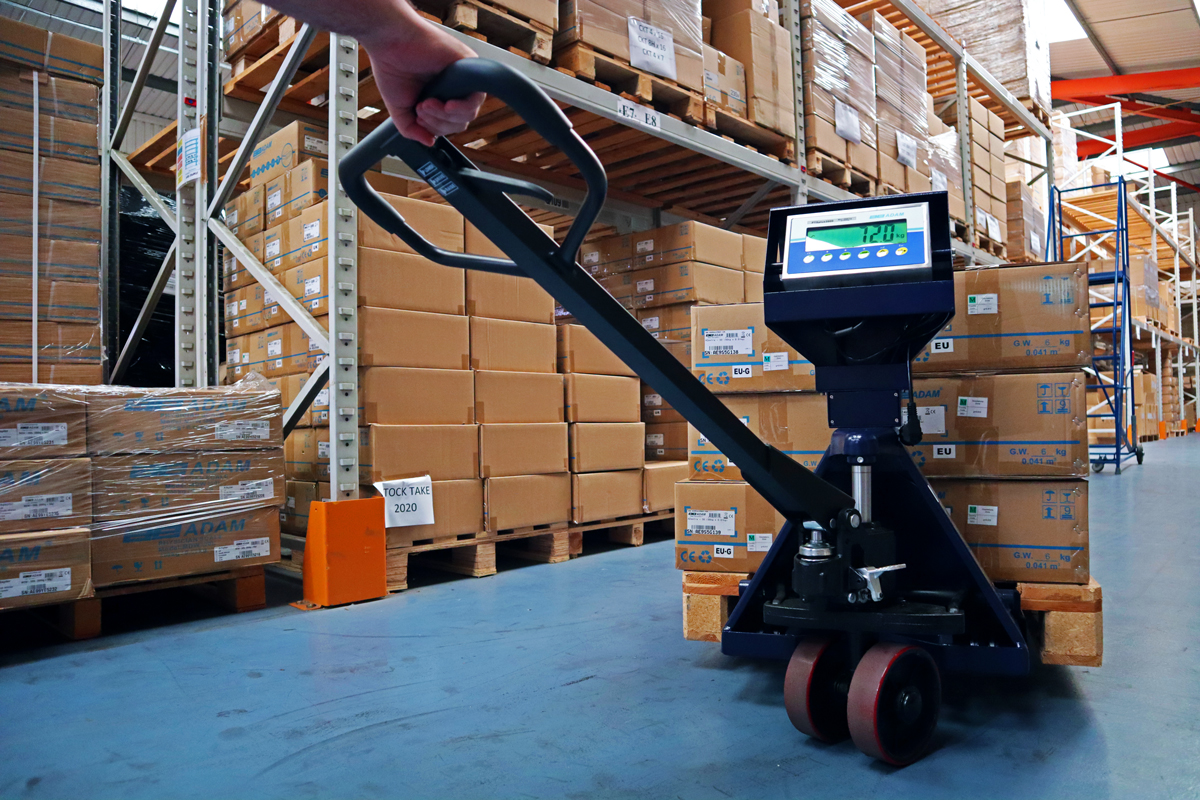
Heavy Loads
Platform scales like our PT and PT Stainless Steel are perfect for pallets as well as other heavy, non-palletized items. Since they often offer extremely high capacities and robust construction, you’re earning improved peace of mind knowing that your scale is durable enough for daily use. Also, all Adam platform scales can be mixed-and-matched with almost any Adam weighing indicator. You can truly tailor your weighing experience to get the most out of your scale.
Unusually Shaped Loads
Sometimes unusually shaped objects are difficult to weigh on a normal platform scale. For example, large sheets of glass, oversized crates or long pipes. They would more than likely hang off the edge of a platform scale, which can impact the weight distribution and lead to inaccurate results. Pallet beams like our AELP are essentially two thin platform scales connected by a wire. The beams can be spread apart to accommodate any sized or shaped item.
Checkweighing Scales
Checkweighing scales are like counting scales in that they’re designed to ease the process of frequently performing checkweighing tasks. Though our checkweighing scales, such as our Cruiser CKT, only feature one display, it changes color in response to weights that are below (yellow), within (green) or above (red) the limits you’ve set.
Safe Loading & Shipping
Companies like Amazon set weight limits on their deliveries – each box should weigh no less than 1lb and no more than 50lbs, except for singular items weighing over 50lbs on their own. This protects those who are packing and delivering the boxes from injuries sustained while lifting and carrying them. Certain types of containers may have their own weight limits. For example, plastic shipping bags may be able to hold less than an average box.
After setting high and low limits, your workers won’t even have to pay strict attention to realize when they’ve surpassed the regulated weight. All they need to do is keep an eye on the display in case it turns red!
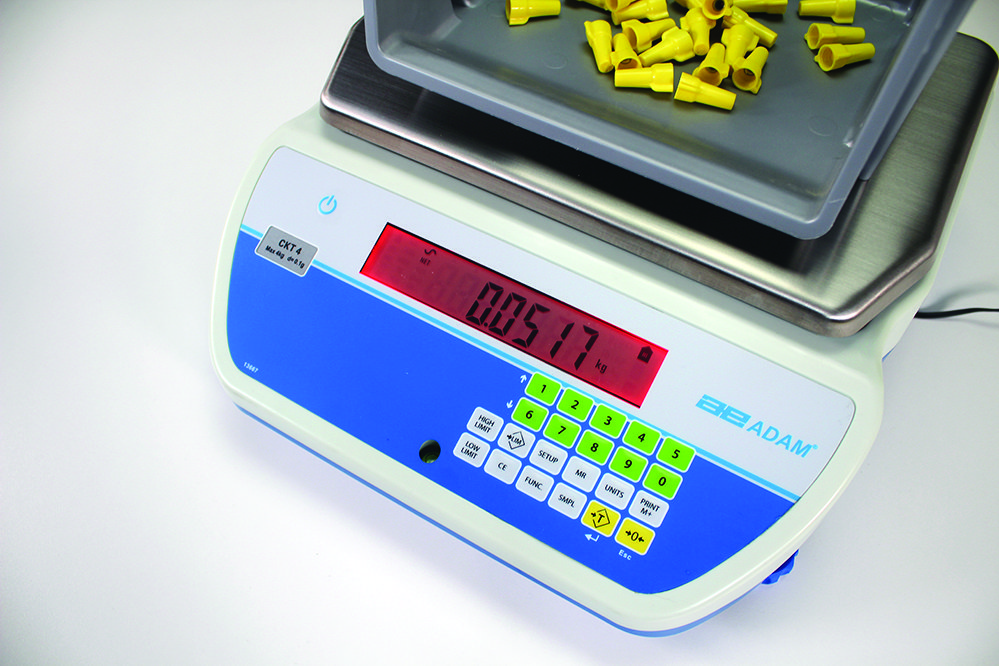
Knowing the weight of a package before it’s shipped is also necessary for safe truck loads. Overloading your delivery truck can decrease its fuel efficiency, increase wear and tear and even be dangerous in some circumstances. Taking the time now to weigh each item and pack them carefully will save you trouble in the long run.
Hanging/Crane Scales
Hanging scales, also known as crane scales, hang in the air suspended off weigh-beams (or cranes) to weigh items using the undefeatable power of gravity. Simply attach the product or its container to the crane scale’s hook. Each of our hanging scales offer swivel hooks for easy loading. Worried about safety? A remote control allows you to operate the crane scale from a safe distance.
Why might you choose to use a hanging or crane scale in your warehouse?
Especially Large Items
Even if you have the space for a platform scale, you may require the use of a hanging scale to weigh very large items.
Our IHS can accommodate as much as 20,000lb/10,000kg, so it will almost always be equipped for the job. It will help guarantee accurate results with very large items, such as shipping containers, industrial machinery or wind turbine blades, to name a few. If an object is so large that it hangs off even a platform scale, it may be better to weigh it in the air instead.

Save Space
Despite their rather large capacities, crane scales are quite compact, so they don’t take up a lot of space when they’re not in use. You can store them away somewhere or leave them hanging until you need them again, with the floor space underneath available for normal use. This contrasts with platform scales, which typically stay where they’ve been placed and take up quite a bit of floor space. On the other hand, platform scales can perform other functions such as checkweighing or parts counting, while crane scales are limited to weighing and hold.
You know your warehouse will benefit from a weighing scale, the only question is, which one? If you’re not sure which weighing scale you should stock for your warehouse, contact us and we’ll be happy to help.



